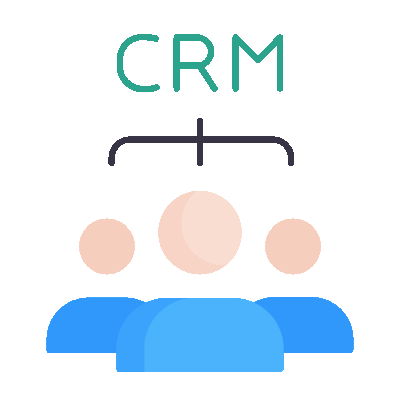

Compare Business CRM Systems
- Compare Leading CRM Providers
- Used By 1000's Of Businesses Every Month
- Free No Obligation Quote










Find a CRM System For Your Business
A CRM (Customer Relationship Management) system is software that helps businesses manage customer communications. They centralise all critical information, allowing sales, marketing, and customer service teams to streamline their workloads.
Read our CRM systems guide to find out more about how they work, or tap the button below to find a CRM system for your business today.

Start Saving Money
We are the experts when it comes to saving your business money.
Get a CRM System That Suits You.
Watch the video to see how a CRM system could benefit your business.
Get Informed
Explore easy ways to save your business money.

Top 5 CRM Systems For Your Business

The Ultimate CRM Systems Guide
Product Reviews

Top 5 CRM Systems For Your Business
Money Saving Guides

The Ultimate CRM Systems Guide
Compare Quotes For a CRM System in 3 Simple Steps





1. Answer a few quick questions.
Complete our simple assessment form (takes less than 2 minutes).


2. Receive your quote.

3. Compare providers.
Compare a range of quotes and see how much you could save.
What’s New?
Read our latest articles and insights.
Frequently Asked Questions
What are the main types of CRM systems?
The four main CRM types are Operational (automates sales/service tasks), Analytical (data insights), Collaborative (cross-team communication), and Strategic (long-term relationship focus). Each supports different business goals, so choosing the right type depends on your company’s specific needs.
How can a CRM improve customer service and retention?
CRMs centralise communication history, allowing any team member to provide seamless, personalised support. Tools like ticketing, case management, and automation help resolve issues faster, identify recurring problems, and maintain consistent follow-up to boost loyalty and satisfaction.
Who are we?
We are Commercial Experts and we are dedicated to helping UK businesses like yours by comparing essential products and services allowing you to grow and beat your competition.
We do this by working with industry leaders to provide you with quotes tailored to you and your unique business needs.


